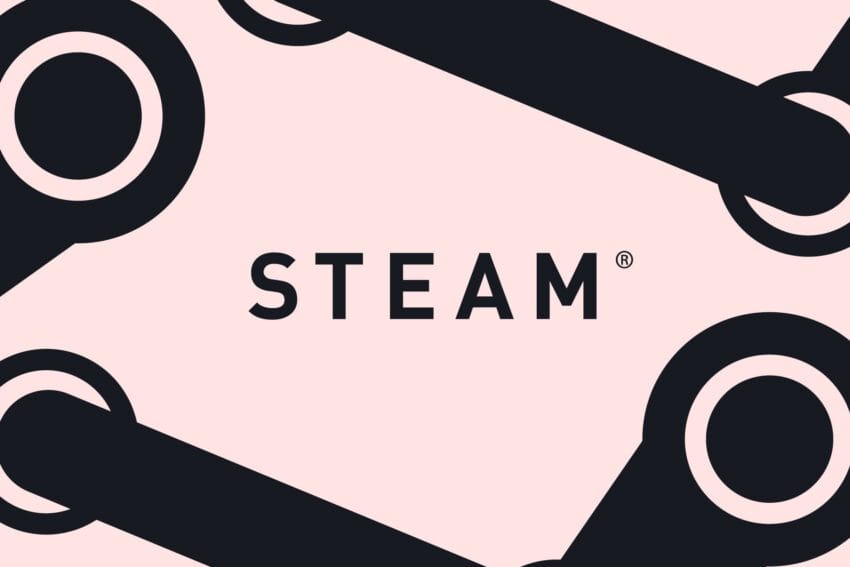
steam game removed after cryptostealer takes over Steam has taken down a game containing malware that drained the cryptocurrency wallets belonging to hundreds of players, as reported earlier by Bleeping Computer.
steam game removed after cryptostealer takes over
Overview of the Incident
The free-to-play 2D platformer, titled BlockBlasters, has been implicated in a significant cryptocurrency theft, with losses exceeding $150,000. Among the victims is a streamer who lost $32,000 while raising funds for cancer treatment. This incident highlights the vulnerabilities present in digital gaming platforms and the potential for malicious actors to exploit them.
Details of the Malware
According to reports, BlockBlasters was initially launched on Steam on July 30th, but it underwent a critical change on August 30th when a cryptodrainer was secretly integrated into the game. This malicious software was designed to siphon off cryptocurrency from players’ wallets, effectively turning the game into a tool for theft.
The game was developed by Genesis Interactive and had received over 200 reviews, with many users rating it as “very positive.” This positive reception may have contributed to its ability to evade scrutiny for a significant period. The game’s deceptive nature allowed it to masquerade as a legitimate entertainment option while engaging in illicit activities.
Targeting of Streamers
Malware tracker vx-underground revealed that the perpetrators employed a spearphishing campaign aimed at streamers. This tactic involved luring potential victims into promoting the game under the guise of compensation. The strategy was particularly insidious, as it exploited the trust and influence that streamers have within their communities.
In a post on X, vx-underground stated, “Unfortunately, the Steam game was actually a cryptodrainer masquerading as a legitimate video game.” This highlights the calculated approach taken by the malicious actors, who sought to leverage the reach of popular streamers to further their agenda.
The Impact on Victims
The ramifications of this incident are severe for those affected. One of the most notable victims is Latvian streamer Raivo Plavnieks, known as Rastaland.TV. Plavnieks, who is battling stage 4 cancer, reported losing $32,000 after downloading BlockBlasters over the weekend. This loss is particularly tragic given the context of his situation, as he was raising funds for his medical treatment.
The emotional and financial toll on victims like Plavnieks underscores the dangers associated with downloading and playing games that lack proper vetting. The incident serves as a stark reminder of the potential risks involved in the gaming community, particularly for those who may be less tech-savvy.
Response from Steam and Valve
In light of the incident, Steam removed BlockBlasters on September 21st. This action is part of a broader trend where the platform has taken down several games that have been found to infect Windows computers with malware. Other titles that have faced similar fates include PirateFi, Sniper: Phantom’s Resolution, and Chemia.
Despite these removals, the question remains as to how such malware-laden games were able to make it onto the platform in the first place. Valve, the parent company of Steam, has faced scrutiny over its vetting processes and the effectiveness of its security measures. The company has not yet issued a public statement regarding this specific incident, leaving many to wonder about the steps being taken to prevent similar occurrences in the future.
Implications for the Gaming Community
The BlockBlasters incident raises significant concerns about the safety of digital gaming platforms. As gaming continues to grow in popularity, so too does the potential for malicious actors to exploit vulnerabilities. The rise of cryptocurrency has added another layer of complexity, as it presents new opportunities for theft and fraud.
For players, the implications are clear: they must exercise caution when downloading games, especially those that are free-to-play. The allure of free content can often overshadow the risks involved, leading to situations where players inadvertently expose themselves to malware. This incident serves as a wake-up call for gamers to be more vigilant and informed about the software they choose to engage with.
Community Reactions
The gaming community has reacted strongly to the news of BlockBlasters and its associated thefts. Many players have expressed outrage over the incident, particularly in light of the significant losses incurred by individuals like Plavnieks. Social media platforms have been flooded with discussions about the need for better security measures within gaming ecosystems.
Some community members have called for increased transparency from game developers and platforms like Steam. They argue that more rigorous vetting processes are essential to prevent similar incidents in the future. The sentiment is that players should be able to trust the games they download and play, and that platforms have a responsibility to ensure that their offerings are safe.
Future Considerations
As the gaming industry evolves, it is crucial for stakeholders to address the challenges posed by malware and cyber threats. Developers, publishers, and platforms must collaborate to enhance security protocols and protect players from potential harm. This may involve implementing more stringent review processes, employing advanced detection technologies, and educating players about safe gaming practices.
Moreover, the rise of cryptocurrency in the gaming world necessitates a reevaluation of how digital currencies are integrated into games. While blockchain technology offers exciting possibilities, it also opens the door for new types of scams and fraud. Stakeholders must remain vigilant and proactive in addressing these challenges to foster a safe gaming environment.
Conclusion
The removal of BlockBlasters from Steam serves as a critical reminder of the vulnerabilities that exist within the gaming ecosystem. With losses exceeding $150,000 and the emotional toll on victims like Raivo Plavnieks, it is evident that the threat of malware is a pressing concern for players and developers alike. As the industry moves forward, it is imperative that all stakeholders prioritize security to protect the integrity of gaming and the well-being of its community.
Source: Original report
Was this helpful?
Last Modified: September 23, 2025 at 1:36 am
1 views















